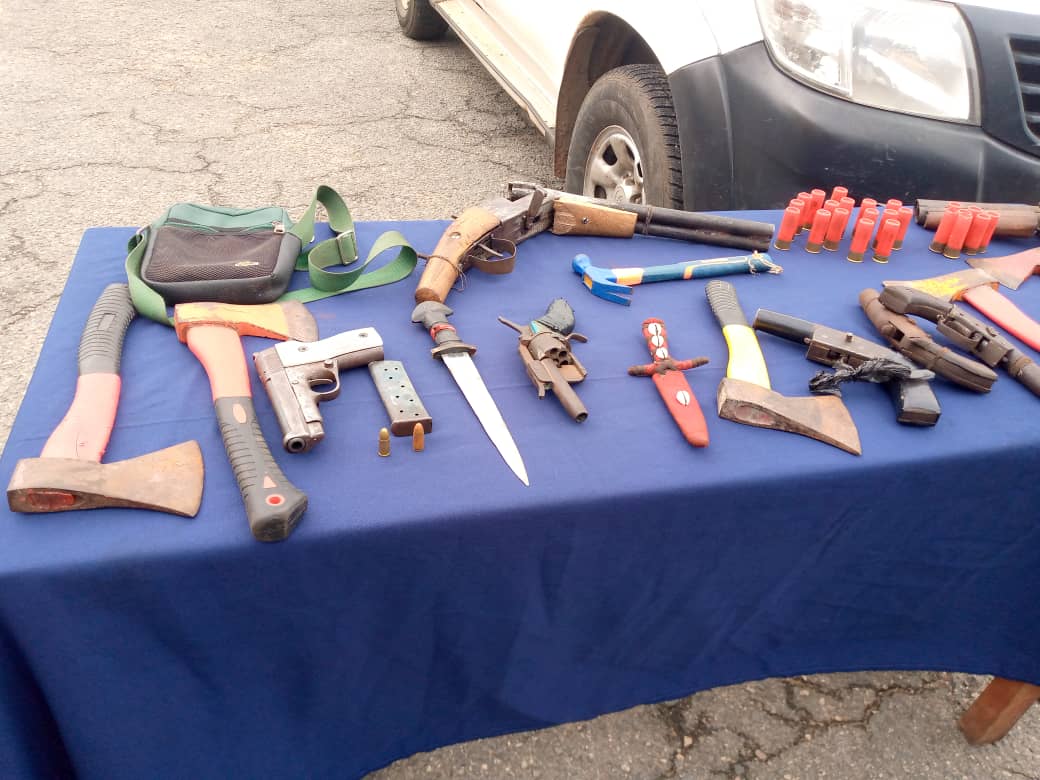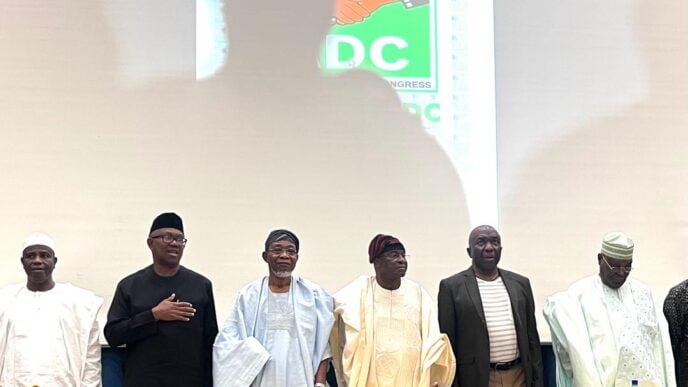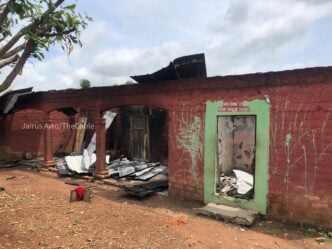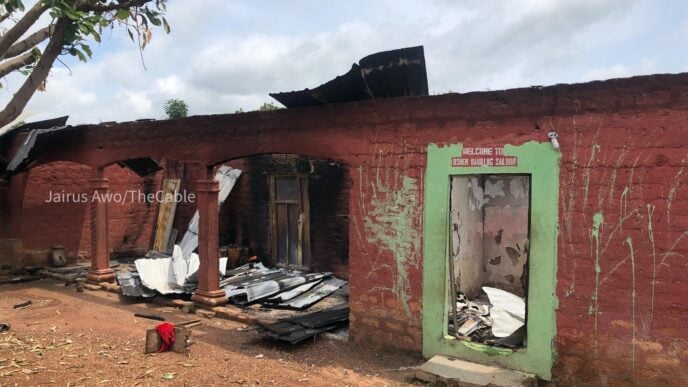BY OLUMAYOWA OLANIYI
In Nigeria today, the lines between state security and local vigilantism are blurring at alarming speed. From community vigilante groups in Zamfara, Katsina, Borno and many others wielding sophisticated rifles, to secessionist militias in the south-east brandishing AK-47s, local armed actors are increasingly stepping into roles once reserved for the police and military. Armed with small arms and light weapons flooding in from both domestic black markets and porous borders, these groups now form a parallel security architecture—one that threatens Nigeria’s stability as much as the criminal elements they claim to fight.
Across the country, desperation and fear have birthed a proliferation of local armed groups. In the north-west, vigilante formations have become de facto security providers where kidnappers and bandits terrorise communities. There is the Yan Sakai group in Zamfara and other vigilante groups operating not just in the state but the entire north-west axis. In the north-east, the Civilian Joint Task Force (CJTF) has played critical roles in counterinsurgency operations yet their evolution into a quasi-security force raises questions about accountability and oversight. Their operations have been facilitated by the state which provides arms for them under ‘strict’ supervision. The veracity of the strictness remains unguaranteed because these groups, especially the CJTF, have adopted an expansion framework – serving as a ‘gun-for-hire’ for communities or states with security challenges.
The consequences are stark. These groups can easily be transmuted into instruments of oppression, extortion, and political manipulation. like in the case of Lakurawa group operating in the north-west which initially fought with villagers against banditry but now has become a terror to the region. With no clear chain of command or legal accountability, human rights abuses frequently go unpunished. Worse still, their presence complicates formal security operations. Joint task force of the Armed Forces and the Police, tasked with restoring order, must navigate a tangled web of local loyalties and armed groups who might be allies one day and adversaries the next.
But why has Nigeria arrived at this dangerous juncture?
Advertisement
First, persistent security gaps have left many communities feeling abandoned. When kidnappers strike and police response is slow or absent communities understandably look inward, arming themselves for protection. Some communities contract foreign roving militia groups for protection like in the case of Lakurawa in north-west Nigeria because of the absence of the state and this. Second, decades of corruption and weak governance have eroded public trust in formal security institutions. Third, widespread poverty and unemployment provide a steady supply of young men willing to bear arms for pay or an ideological mirage. Finally, Nigeria’s borders remain very porous allowing a steady influx of weapons that fuel the ambitions of local warlords. Yet, despite the grim reality, this trend is not irreversible. Nigeria must urgently tighten controls on small arms proliferation. The continuous proliferation of state-armed vigilante groups to confront internal security challenges typifies a fragmented security apparatus. But more importantly, this trend increases Nigeria’s proclivity for gun culture. The National Centre for the Control of Small Arms and Light Weapons (NCCSALW) was established to tackle SALW proliferation. Yet, its task is complicated by Nigeria’s numerous security challenges. Groups like the CJTF and Yan Sakai have received arms and ammunition from the state to support joint operations, but weak tracking systems remain a significant problem.
Recently, members of a hybrid force in the northwest, comprising both state and now a quasi-state actors were killed, and state-provided weapons were lost in the unfortunate incidence. Such incidents raise critical questions about integrating vigilante groups into Nigeria’s official security architecture. To stem illicit arms flows, agencies like the NCCSALW require stronger political will, inter-agency collaboration, and regional cooperation. Equally crucial is rebuilding trust between citizens and the security services. Communities turn to armed groups when they believe the state has failed them. Investing in intelligence-led policing, community policing frameworks, and ensuring swift justice for crimes can gradually restore confidence.
Finally, Nigeria must not abandon disarmament, demobilisation and reintegration (DDR) programmes. Former fighters, whether vigilantes or insurgents must have viable pathways to economic alternatives to armed life. Otherwise, they remain a simmering threat, merely waiting for the next conflict or political entrepreneur to mobilise them. Nigeria stands at a dangerous crossroads. The state risks being overshadowed by the very groups it once tolerated or quietly armed for temporary security gains. Without decisive action, local armed groups could evolve from community protectors into permanent parallel authorities—a silent state within the state.
Advertisement
The time to act is now, before these quasi-security outfits become the new arbiters of power in Nigeria.
Olaniyi writes from the Federal Capital Territory and can be reached on X @olumayowaola1 and [email protected]_
Views expressed by contributors are strictly personal and not of TheCable.











